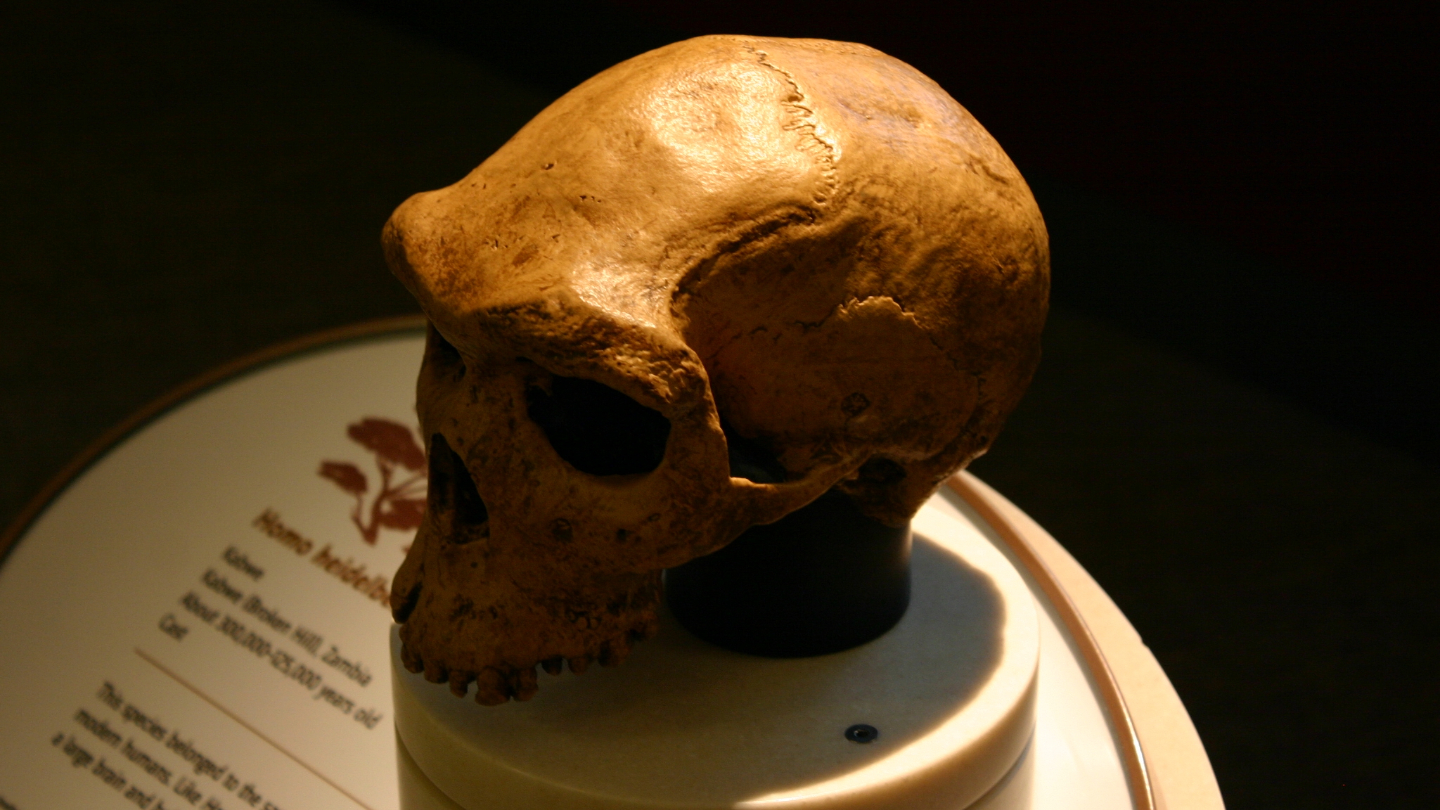According to a new study, human ancestors faced a population bust between approximately 930,000 to 813,000 years ago, which had a significant impact on their evolution. Population geneticist Wangjie Hu and colleagues from the Icahn School of Medicine at Mount Sinai in New York City suggest that only a small number of survivors from this Stone Age period went on to become the common ancestral species of Homo sapiens, Neandertals, and Denisovans. Previous DNA analyses of ancient fossils indicate that this common ancestral species emerged between 700,000 and 500,000 years ago.
The researchers report in the September 1 issue of Science that just before this period, members of the Homo genus endured a freeze lasting approximately 117,000 years. During this time, there were an average of 1,280 individuals capable of breeding, which was enough to prevent extinction. The team estimates that prior to the onset of the harsh climate, the ancestral population had between 58,600 and 135,000 potential breeders.
2023-08-31 13:00:00
Original from www.sciencenews.org
